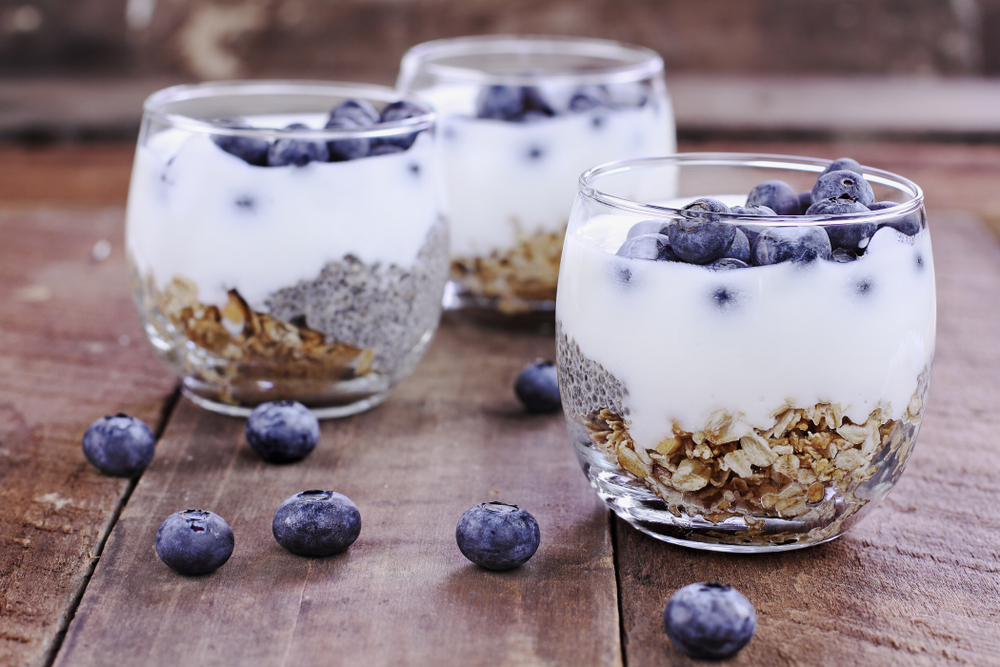Top Tips to Reduce Bloating and Stomach Discomfort from Gas
Discover effective methods to reduce gas and alleviate stomach discomfort. From dietary adjustments to natural remedies, learn how to manage bloating and improve digestion with simple, practical tips that promote overall gut health.

Feeling bloated or experiencing stomach pain due to gas is a common issue, but sometimes it indicates underlying health concerns. Gas develops naturally during digestion; however, if not released properly through belching or farting, it leads to uncomfortable bloating. Here are effective strategies to ease gas buildup and stomach discomfort.
Quick Relief Methods
Avoid suppressing natural gas release: Holding in gas can worsen bloating. Find a discreet moment or go for a brisk walk or lie down comfortably to help release trapped gas.
Drink calming herbal teas like chamomile or peppermint: These teas soothe the stomach and support digestion. Steep a tea bag in hot water and sip slowly to relieve symptoms.
Consider activated charcoal supplements: These can reduce gas and cramps effectively but consult your doctor before use, especially if you're on medications.
Use warmth therapy: Applying a warm compress or hot water bottle on the abdomen relaxes muscles and alleviates gas pain, providing quick relief.
Make dietary changes
Recognize and limit gas-triggering foods: Foods like beans, cabbage, dairy, artificial sweeteners, and fizzy drinks can cause bloating. Observe your reactions and reduce intake as needed.
Adjust your eating sequence: Eating proteins first helps prevent excess gas by preserving stomach acid for protein breakdown before carbs.
Eat smaller, thoroughly chewed meals: Smaller portions and proper chewing ease digestion and reduce bloating.
Choose gluten-free and lactose-free options: These alternatives lessen the chances of gas from grains and dairy intolerance.
Reduce added sugars and refined carbs: Limiting processed carbs and artificial sweeteners can decrease bloating symptoms.
Use natural herbal remedies: Fresh herbs like ginger, peppermint, dill, basil, caraway, parsley, and cumin aid in expelling gas due to their beneficial properties.
Consume fermented foods rich in probiotics: Yogurt, kefir, kimchi, sauerkraut, and tempeh boost gut bacteria, improving digestion.
Take digestive supplements: Over-the-counter options such as lactase or Beano can help reduce gas, especially before meals.
Be mindful of underlying health issues: Conditions like IBS, leaky gut, celiac disease, and Crohn’s require medical evaluation for appropriate treatment.
Disclaimer: This guide offers general advice. If you experience persistent or severe symptoms, seek medical attention. The information provided is for informational purposes and not a substitute for professional healthcare.


